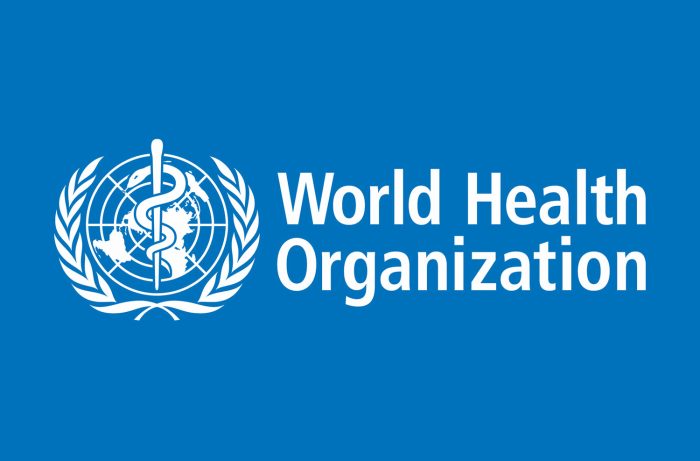Determined to reverse the scourge of the malaria burden in North East Nigeria, World Health Organization (WHO) has deployed nearly 4,353 volunteers to administer anti-malaria drugs in second and third cycle of malaria chemo-prevention campaigns in Borno and Adamawa states.
Across Jere, Maiduguri Metropolitan Council, Kukawa, Guzamala, Damboa, Mobbar and Mafa Local Government Areas (LGAs) of Borno state, the campaign aims at reaching more than 852, 000 children aged 3 – 59 months while more than 110,000 children will be reached in high risk LGAs of Michika, Mubi North and Mubi South LGAs of Adamawa state (25-29 September 2018).

Anti-malaria mass drug administration is one of the most effective strategies for malaria control especially during the peak transmission season. According to Dr Haruna Mshelia, the Borno Commissioner for Health, “the effectiveness of this strategy in combating malaria, especially in the Sahel sub-region of Africa, cannot be over-emphasized. Since the first implementation of the four cycles of the strategy in 2017 in Borno and subsequent cycles in 2018, the burden of malaria among children under 5 has reduced drastically in this state.”
Healthcare services in Borno and Adamawa states have been severely disrupted by the ongoing crisis in the North East region of Nigeria. In Borno for example, recent public health assessments in the newly accessible communities and hard-to-reach areas show inadequacy in available essential health services and a collapse of the disease surveillance system with resultant increase in diseases outbreaks. This has in turn resulted to increased morbidity and mortality from preventable diseases such as cholera, cerebrospinal meningitis, malaria and measles. Similarly, reports from WHO Health Resources and Mapping System (HeRAMS) in Adamawa indicate that 46% of 1,120 health facilities are fully or partially damaged.
To ameliorate the situation, WHO is coordinating health partners to strengthen the healthcare delivery system, including concerted response to disease outbreaks for cholera, malaria, Yellow fever surveillance and risk communication. The Emergency Manager for WHO health programmes in North East Nigeria, Dr Collins Owili reiterated commitment in ensuring that evidence based lifesaving interventions are implemented timely to save lives, especially among the people affected by the ongoing insurgency in the region.
“Cognizant of the vulnerability of the people affected by the 9 year old crisis in North East Nigeria, WHO is committed to providing lifesaving interventions with a view of reducing morbidity and mortality due to preventable and treatable diseases”, Dr Owili said.

